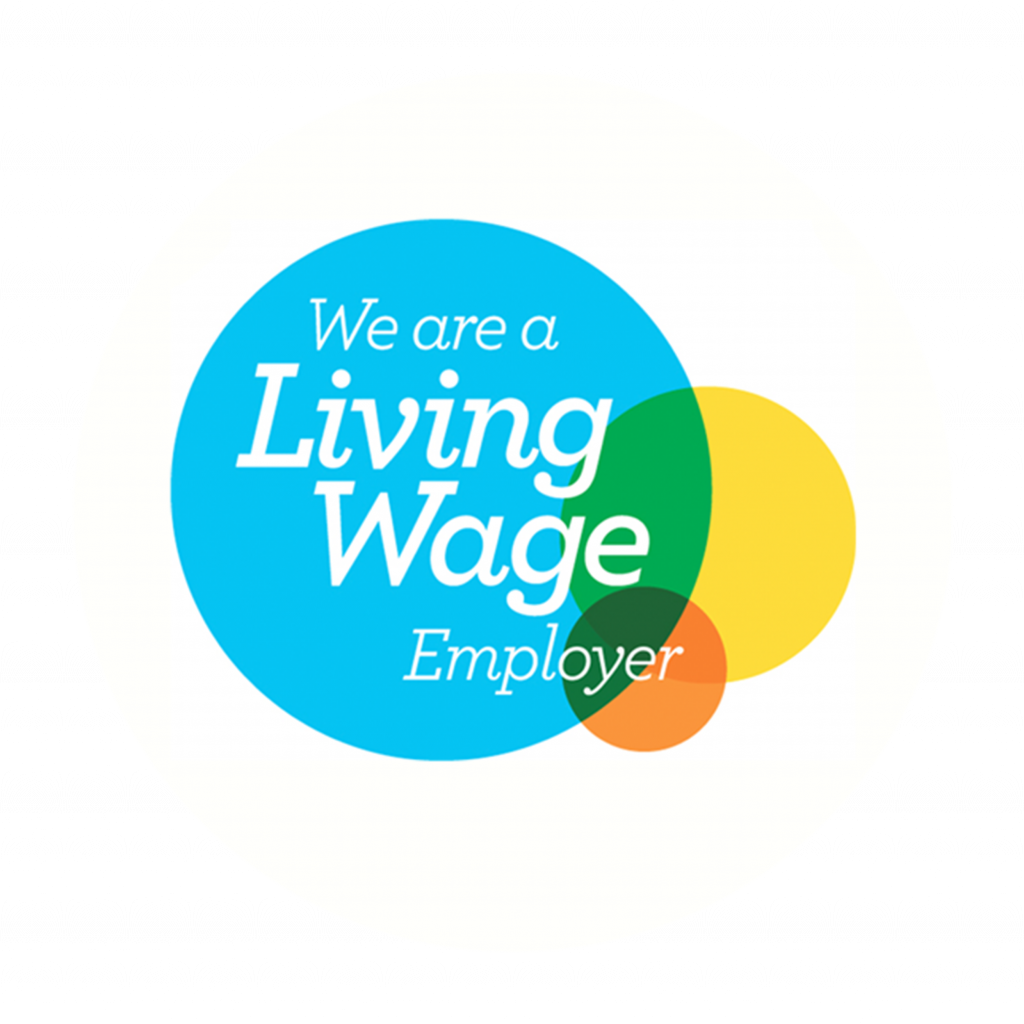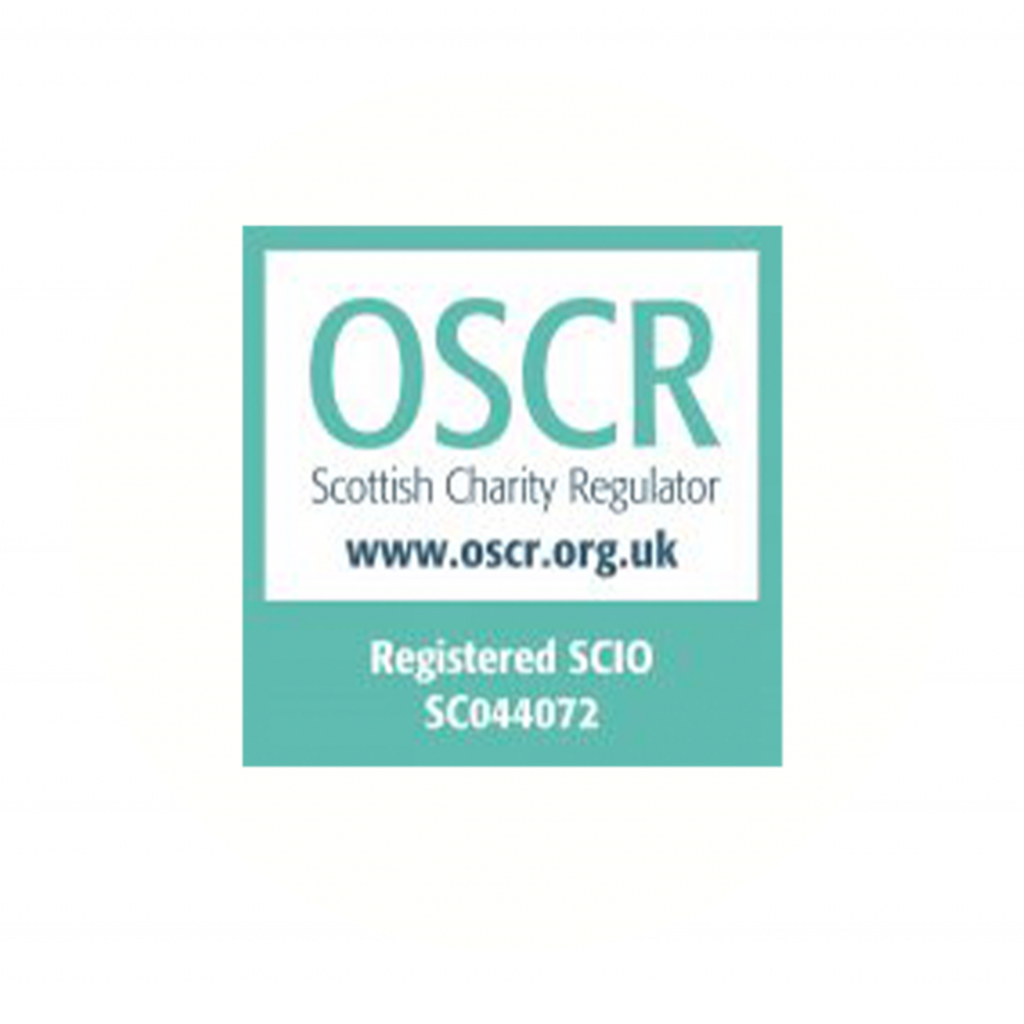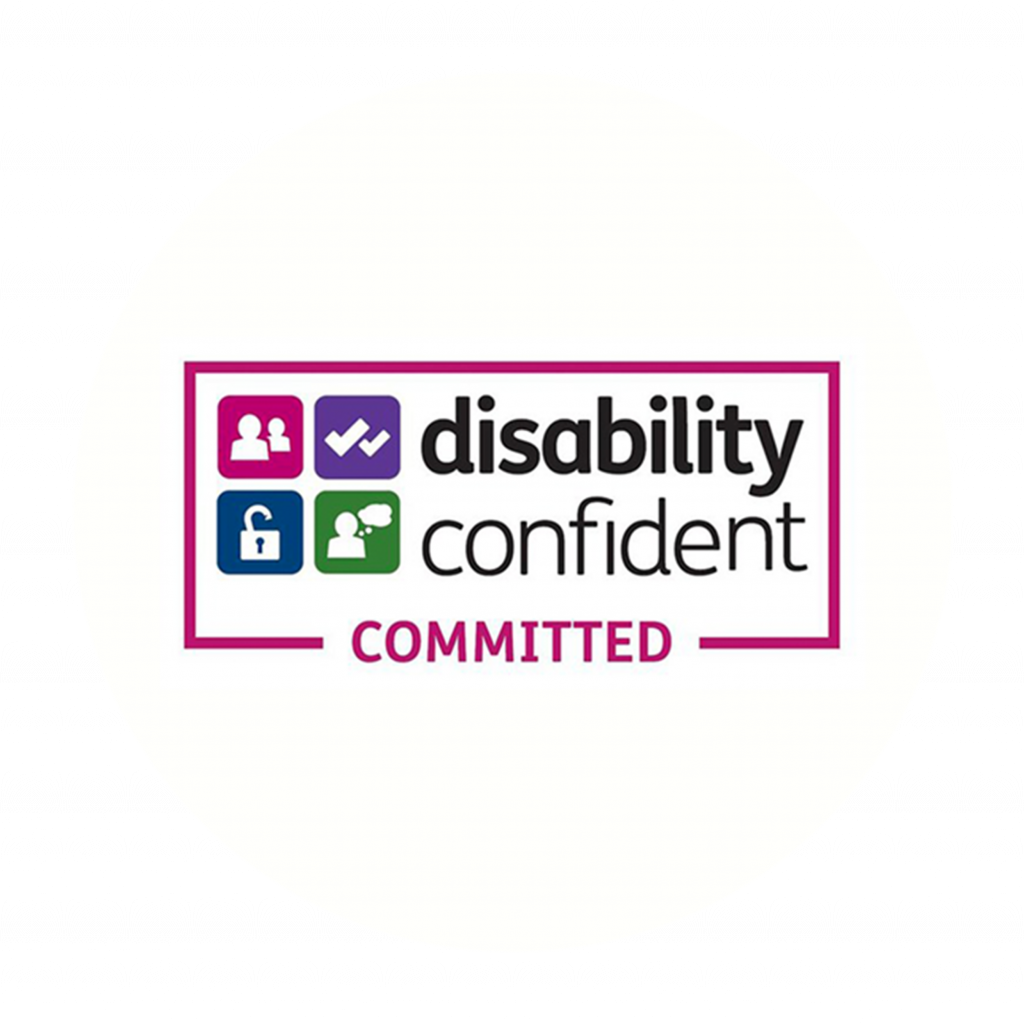Five Questions With… Helen Skinner
We sit down with Helen Skinner, the Dementia Nurse Consultant for NHS Fife, about how she successfully embedded personal playlists into NHS Fife’s dementia care.
Hi Helen, thank you for taking the time to speak to us. You’ve been instrumental in embedding personal playlists into the care of people living with dementia across NHS Fife. What motivates you in your line of work?
What motivates me most in this line of work is the profound impact that personalised music can have on people living with dementia. Music has a unique ability to evoke memories and emotions, often reaching people in ways that traditional care methods cannot. Seeing how a familiar song can bring joy, comfort, or even spark a moment of clarity in someone who may otherwise seem disconnected is incredibly rewarding. It’s about enhancing quality of life and creating moments of connection not just for the person with dementia, but also for their families and caregivers.

Incorporating personal playlists into dementia care is a simple yet powerful way to acknowledge the person behind the diagnosis. Each playlist represents a lifetime of experiences, memories, and personal identity. By tapping into this, we’re not just providing care; we’re honouring who they are as individuals. Knowing that this approach can lead to more compassionate, effective, and person-centred care drives me to continue this work and advocate for its broader adoption.
Can you tell us about a time you’ve seen the power of music in action for dementia or in another scenario?
One moment that stands out vividly was when we created a personalised playlist for a patient in hospital who had been quite withdrawn and non-communicative for some time. All we knew was that the individual had a deep love for country music. We started by playing a greatest hits playlist with a variety of artists. When we played the playlist, and a certain artist came on, the change was almost immediate and remarkable. As the music began to play, the patient’s eyes lit up, and they started tapping their fingers to the rhythm. Then, something extraordinary happened. They began to hum along to the melody. It was the first time in months that they had shown such a level of engagement. Family members who were present were moved to tears, as they saw a glimpse of the person they remembered so vividly.
This moment encapsulated the transformative power of music. It bridged the gap that dementia had created, if only for a short time, and allowed this person to reconnect with a part of themselves that seemed lost. It also provided a shared experience for the family and the care team, reinforcing the value of personalised, relationship-centred care. This experience and many others like it continually affirm why music is such a vital tool in dementia care and inspires me to keep advocating for its use.
A team you work with recently experienced an 80% reduction in medication for people living with dementia. Can you tell us more about the benefits of using less medication for the both the patient and the healthboard?
Using personalised music playlists as a form of therapy for people living with dementia can lead to significant benefits, including a reduction in the need for medication. This approach not only improves the patient’s quality of life but also has broader positive implications for health boards.
Medications commonly used in dementia care, such as antipsychotics, sedatives, and antidepressants, can have significant side effects. These can include drowsiness, confusion, increased risk of falls, and even cardiovascular issues. By reducing reliance on these medications through non-pharmacological interventions like personalised music, patients are less likely to experience these adverse effects. This leads to better overall well-being and a more active and engaged lifestyle.
Music has a unique ability to soothe agitation, reduce anxiety, and elevate mood. For patients, this means fewer feelings of frustration, confusion, and isolation. Music can provide comfort and joy, creating moments of connection and familiarity, which is especially important in the context of dementia where cognitive functions are declining.
Personalised music can often evoke memories and emotions that facilitate communication. Patients who may have difficulty expressing themselves verbally can use music as a medium to connect with caregivers and family members. This can lead to improved social interactions and a deeper sense of being understood and valued.
What’s one thing you do for your own health that you would recommend for others?
One thing I do for my own health is to think about my brain health. There are 14 modifiable risk factors for dementia and up to 45% of cases of dementia can be delayed or prevented. Being physically active is one of the best things you can do to boost brain health. I have recently started playing golf, which gets me out in the fresh air, walking the course (frequently looking for lost balls!!) and spending time socialising with friends – all good for my brain health. So I recommend everyone to take this five minute brain health quiz from Brain Health Scotland to find out tips and advice on how to keep your brain healthy.
Thank you to Helen for taking the time to talk to us.
Five Questions With is a feature of our Playlisting Professionals newsletter which lands fortnightly to subscribers. Our Playlisting Professionals newsletter is filled with the latest insights on using music in dementia care and training and development opportunities with Playlist for Life. Join the community here.
Helen's personal playlist
Misirlou by Dick Dale
I danced to this with my husband on the night we first met in 1995. The rest is history as they say!
Relight my Fire by Take That featuring Lulu
This famous Take That track was released in 1993 when I was in the middle of my nurse training. I remember singing and bopping away to this track with my fellow student nurse friends in the social club on the university campus where we studied. Such fun times!
Relight my Fire by Take That featuring Lulu
This famous Take That track was released in 1993 when I was in the middle of my nurse training. I remember singing and bopping away to this track with my fellow student nurse friends in the social club on the university campus where we studied. Such fun times!
How Great Thou Art (Hymn)
My Grandad sang in a male voice choir and I remember him and his choir coming to perform at the chapel I went to with my parents. I would be 12 or 13 years old at the time. They sang this hymn and I remember being very awestruck by the choral sound of the choir. From that day this hymn has always been a favourite for me. We sang it at my wedding day, and I still become very moved when I hear it or sing it myself.
[I’ve Had] The Time Of My Life by Bill Medley and Jennifer Warnes (Dirty Dancing Soundtrack)
I’m an old romantic at heart and this is my all time favourite film. I have watched it over and over and still cry every time when Patrick Swayze and Jennifer Gray dance to this track at the end of the film. Remember….Nobody puts Baby in a corner!
Tchaikovsky’s 1812 Overture
I studied this piece of music at school for my music ‘O’ Level. The fifteen-minute overture is best known for its climactic cascade of cannon fire, ringing chimes, and the brass fanfare finale. Listening to this takes me back to my school days. I can still picture the music classroom, my music teacher, and the music being played very loudly to get the full effect of the orchestral mastery. Such a powerful piece of music that still takes me to another place, even now, nearly 40 years later!





